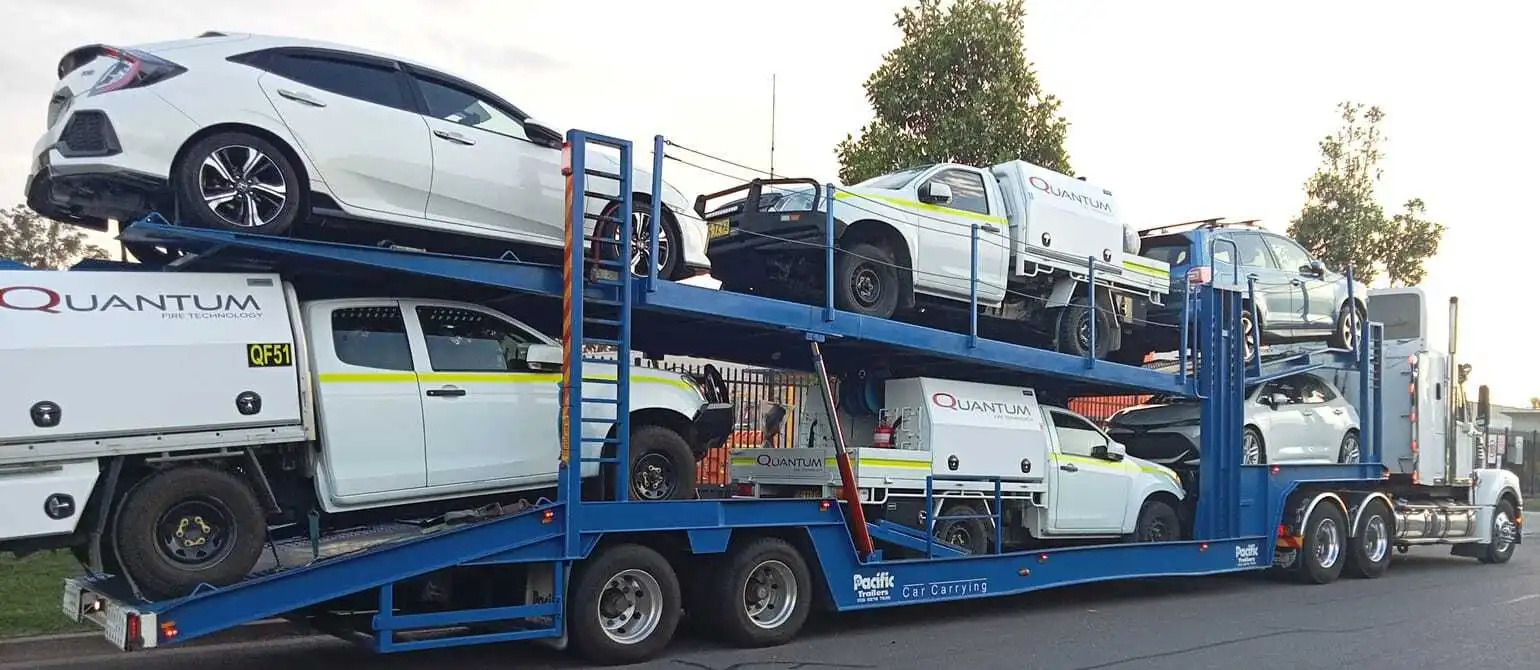
When proponents of free needle programs first began pushing their strategy for helping drug addicts, they framed their programs as harm reduction tools. On a similar note, the vaping industry claims to offer harm reduction to tobacco consumers. A new study seems to suggest a similar argument in favor of marijuana consumption.
The small-scale study, recently published in the International Journal of Drug Policy, seems to suggest that people who use opioids without a prescription might switch to marijuana in an attempt to reduce opioid consumption. The study further suggests that some of them succeed in doing so.
A Self-Reporting Study
The study in question was co-funded by the US National Institutes of Health (NIH) and Canadian Institutes of Health Research (CIHR). The researchers themselves hailed from a variety of educational institutes including the University of British Columbia and UCLA.
They surveyed just over 200 study participants who reported using both marijuana and opioids without a prescription over a two-year period ending in November 2021. Researchers went into the study theorizing that marijuana could be an effective harm prevention tool in the fight against opioid overdose.
Some 58% of the survey respondents reported that a desire to reduce opioid consumption was their primary motivating factor for using marijuana. An analysis of the data further demonstrated a significant link between marijuana consumption and “self-reported reductions in opioid use.”
It Makes Perfect Sense
People use both marijuana and opioids for a variety of reasons. Regardless of those reasons, it makes sense that a drug capable of serving the same purpose without as many negative side effects would be more attractive to opioid users. A similar situation is easily observed in the medical cannabis arena.
Utahmarijuana.org officials say chronic pain treatment is the most cited condition among medical cannabis card applicants. That is certainly the case in Utah. They also say there is plenty of anecdotal evidence suggesting that at least some chronic pain patients have been able to reduce their reliance on opioid medications after beginning a medical cannabis regimen.
Marijuana Moment recently reported on the NIH-CIHR study in an article published on their website. They cited numerous other studies that give legitimate credence to the idea of reducing opioid consumption by giving chronic pain patients medical cannabis instead.
Enough Evidence to Change Things
One of the more positive aspects of all the research is that there is now enough evidence to change things at the federal level. Even if Washington lawmakers and bureaucrats don’t want to decriminalize marijuana, we now have a valid reason to reschedule it so that it can be prescribed as an alternative to opioids.
Let’s face reality. We have been dealing with the opioid crisis for more than a decade. Unfortunately, most of what we have done constitutes little more than talking about it. Very few real solutions to the problem have been proposed. Now it appears that we have one in medical cannabis.
Even If It’s the Only Purpose
Even if combating the opioid crisis is the only purpose for rescheduling marijuana, it ought to be rescheduled, nonetheless. It makes zero sense to continue prescribing opioids to patients who would willingly use medical cannabis instead. Cannabis has its issues for sure, but we don’t know of any that are as significant or severe as those associated with long-term cannabinoid consumption.
The most recent NIH-CIHR study is just the latest in a growing body of evidence suggesting that cannabis could be an incredibly good harm reduction tool in the fight against opioids. It is a tool we ought to be looking at more seriously.




More Stories
5 Essential checks for workplace first aid kits and safety
Safe and Reliable Car Transport Brisbane to Sydney with Top Car Transport Service
Scottsdale PTSD Counseling Approaches That Promote Recovery